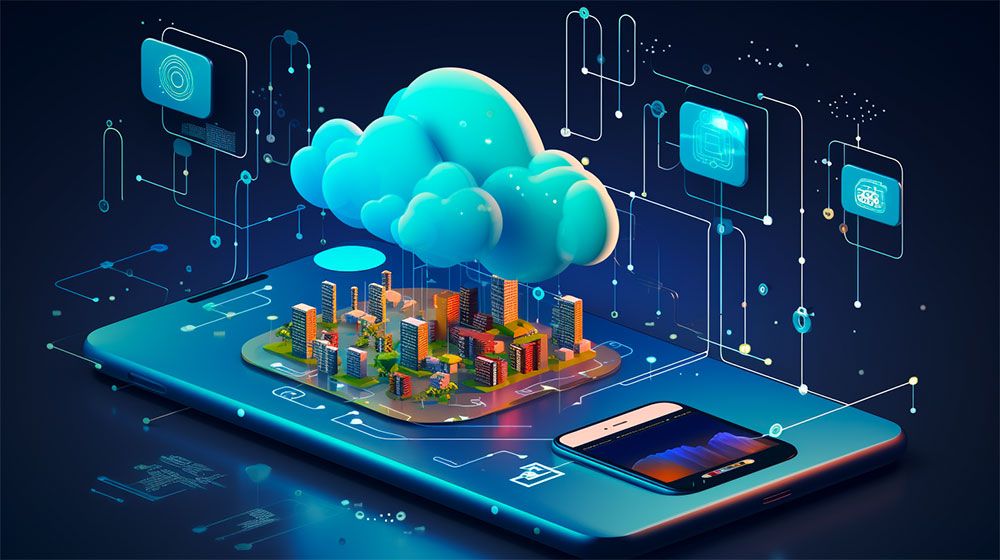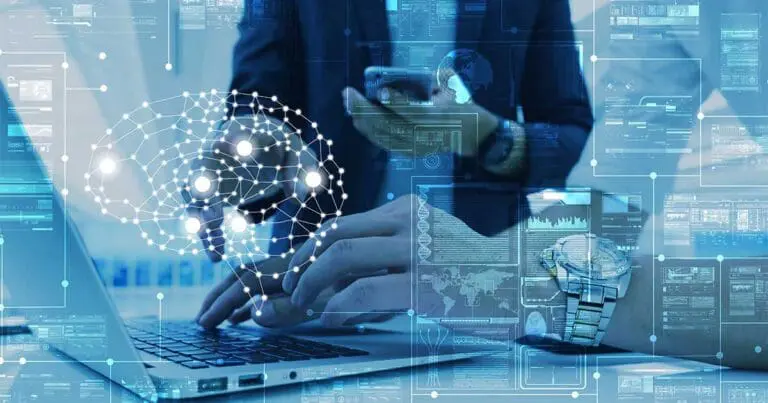Unlocking Everyday Life: 7 Ways AI is Revolutionizing Our Daily Routines
Artificial Intelligence (AI) has become an integral part of modern life, subtly transforming the way we go about our daily routines. From enhancing convenience to improving efficiency and personalization, AI is revolutionizing how we interact with technology and manage our day-to-day tasks. In this article, we’ll explore seven key ways AI is reshaping our daily lives and the impact it has on our routines.
1. Personalized Recommendations and Shopping Experiences
Smart Shopping Assistants
Gone are the days when shopping was a time-consuming and often frustrating experience. AI-powered shopping assistants, like virtual stylists and personal shoppers, are revolutionizing how we find and purchase products. These systems analyze our preferences, past purchases, and browsing history to recommend products tailored to our tastes. Whether you’re shopping for clothes, electronics, or groceries, AI can suggest items that match your style and needs, saving you time and effort.
Dynamic Pricing and Offers
AI is also enhancing the shopping experience through dynamic pricing and personalized offers. By analyzing market trends, competitor prices, and your buying behaviour, AI systems can adjust prices and provide special discounts or promotions that are most relevant to you. This not only helps you save money but also ensures you get the best deals available.

2. Enhancing Home Automation and Smart Living
Intelligent Home Assistants
Home automation has reached new heights with AI-driven smart assistants like Amazon’s Alexa, Google Assistant, and Apple’s Siri. These virtual helpers can control various aspects of your home, from adjusting the thermostat and lighting to managing security systems and appliances. They respond to voice commands and can even learn your preferences over time, making your living environment more comfortable and energy-efficient.
Predictive Maintenance
AI-powered home automation extends beyond convenience to include predictive maintenance. Smart home systems can monitor the performance of appliances and alert you when maintenance or repairs are needed. For example, AI can analyze data from your refrigerator to predict when it might need servicing, helping you avoid costly breakdowns and extend the lifespan of your appliances.
3. Transforming Healthcare and Personal Wellbeing
AI in Medical Diagnosis
AI is making significant strides in healthcare by assisting in medical diagnosis and treatment planning. Advanced algorithms analyze medical images, genetic data, and patient records to identify patterns and anomalies that may indicate health issues. This enables doctors to make more accurate diagnoses and develop personalized treatment plans, improving patient outcomes and reducing diagnostic errors.
Wearable Health Devices
Wearable health devices, such as smartwatches and fitness trackers, leverage AI to monitor various aspects of your health. These devices track your activity levels, heart rate, sleep patterns, and more, providing insights into your overall well-being. AI algorithms analyze this data to offer personalized health recommendations, helping you maintain a healthy lifestyle and detect potential health issues early.
4. Revolutionizing Communication and Social Interaction
AI-Powered Language Translation
Language barriers are becoming less of a challenge thanks to AI-powered language translation tools. Apps like Google Translate and Microsoft Translator use machine learning algorithms to provide real-time translation of text and speech in multiple languages. This makes communication with people from different linguistic backgrounds easier and more efficient, facilitating international travel and cross-cultural interactions.
Social Media Management
AI is also transforming how we manage our social media presence. AI-driven tools can analyze engagement metrics, suggest optimal posting times, and even generate content ideas based on trends and audience preferences. This helps individuals and businesses enhance their social media strategy and maintain a consistent online presence.

5. Streamlining Work and Productivity
Automated Task Management
AI is revolutionizing productivity by automating routine tasks and streamlining workflow processes. Tools like AI-powered project management software and virtual assistants can handle scheduling, reminders, and task prioritization. This allows professionals to focus on more strategic and creative aspects of their work, ultimately boosting productivity and efficiency.
Natural Language Processing (NLP) in Communication
Natural Language Processing (NLP) is another AI advancement that enhances workplace communication. NLP algorithms can analyze and generate human-like text, enabling features like email drafting, chatbots, and automated customer support. These technologies save time and improve communication accuracy, making it easier to manage tasks and interact with clients or colleagues.
6. Revolutionizing Education and Learning
Personalized Learning Experiences
AI is transforming education by providing personalized learning experiences tailored to individual students’ needs. Adaptive learning platforms use AI to analyze students’ strengths and weaknesses, adjusting the curriculum and instructional materials accordingly. This ensures that students receive targeted support and resources, enhancing their learning outcomes and engagement.
AI-Driven Educational Tools
Educational tools powered by AI, such as intelligent tutoring systems and language learning apps, are making learning more interactive and effective. These tools offer real-time feedback, track progress, and provide customized exercises based on students’ performance. This helps learners grasp concepts more effectively and stay motivated throughout their educational journey.
7. Enhancing Transportation and Mobility
Autonomous Vehicles
One of the most exciting developments in AI is the advent of autonomous vehicles. Self-driving cars leverage AI algorithms, sensors, and machine learning to navigate roads, make driving decisions, and ensure safety. These vehicles have the potential to reduce traffic accidents, improve transportation efficiency, and provide greater mobility for individuals who cannot drive.
AI-Optimized Traffic Management
AI is also improving transportation systems through optimized traffic management. AI algorithms analyze real-time traffic data, such as vehicle flow and congestion patterns, to adjust traffic signals and manage traffic flow more efficiently. This reduces traffic jams, enhances road safety, and minimizes travel time for commuters.

AI is revolutionizing our daily routines in numerous ways, enhancing convenience, efficiency, and personalization across various aspects of our lives. From personalized shopping experiences and smart home automation to advancements in healthcare and education, AI is making our daily lives more connected and streamlined. As AI technology continues to evolve, we can expect even more innovative applications that will further transform how we live, work, and interact with the world around us.
By embracing these advancements and staying informed about the latest AI developments, we can unlock new opportunities for improving our daily routines and enhancing our overall quality of life.
Comments
Post a Comment